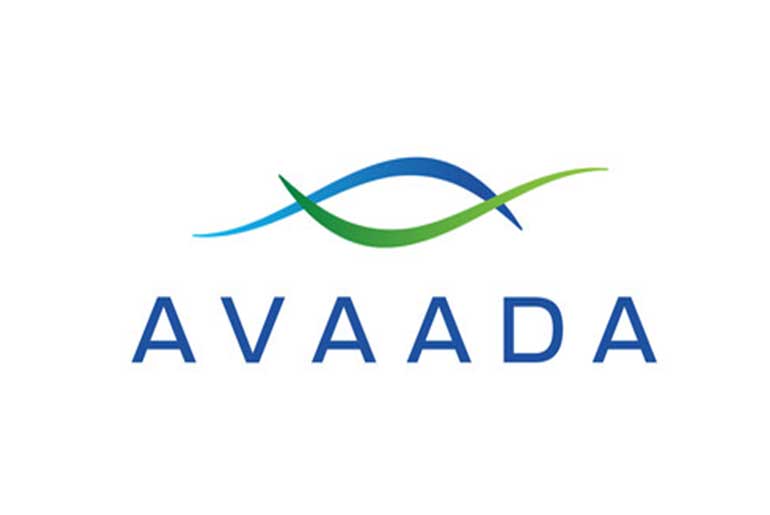Avaada Group has commissioned 11 solar projects in Maharashtra’s Yavatmal district under the Mukhyamantri Saur Krushi Vahini Yojana (MSKVY) 2.0, aimed at providing farmers with reliable daytime electricity for irrigation.
The solar plants have an aggregate of 35 MW capacity in the plants in Kinhi, Baldi, Dongarkharda, Bansi, Patan, Mhasola, Galwa, Pathrad, Parjana, Sawargaon, and Sarfali. The anticipated impact of these projects is that they will support some 14,900 farmers spread across 167 villages, who are likely to lower the cost of irrigation, reduce the risk of electrical accidents and allow these farmers to earn additional income on their land by leasing it to solar infrastructure.
Vineet Mittal, Chairman of Avaada Group, emphasized the broader impact of the initiative, stating, “The Mukhyamantri Saur Krushi Vahini Yojana 2.0 is a model for how clean energy can directly empower farmers while contributing to India’s energy transition.”
Expanding Renewable Energy in Maharashtra
In addition to Yavatmal, Avaada is implementing more than 1,132 MW of solar power capacity in the other districts under the MSKVY 2.0 scheme in Nashik, Pune, Sangli, Ahmednagar and Beed. The state initiative was initiated in 2017 and is currently in an improved format, trying to solarize 30 percent of Maharashtra agricultural feeders by installing the decentralized solar projects in the range of 0.5 to 25 MW (nearly 7,000 MW).
Social and Environmental Impact
The MSKVY 2.0 program is providing extensive outcomes. The farmers have access to reliable and affordable day-time electricity and state distribution companies (discoms) get fewer subsidy burdens and lower power acquisition costs. In the environmental aspect, the program helps in reducing the quantity of fossil fuel consumed and helps Maharashtra to have a diminished carbon footprint.



